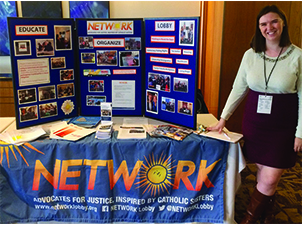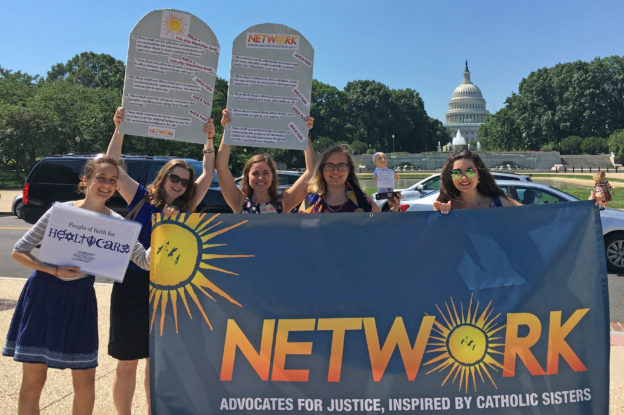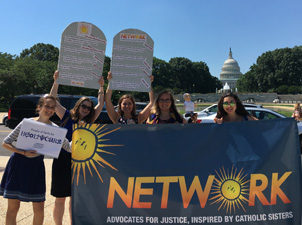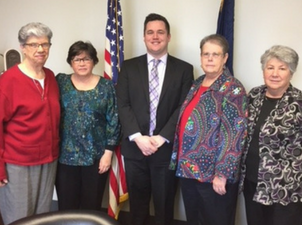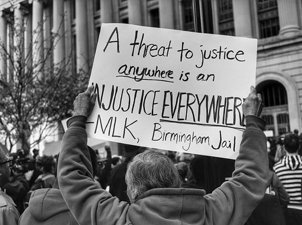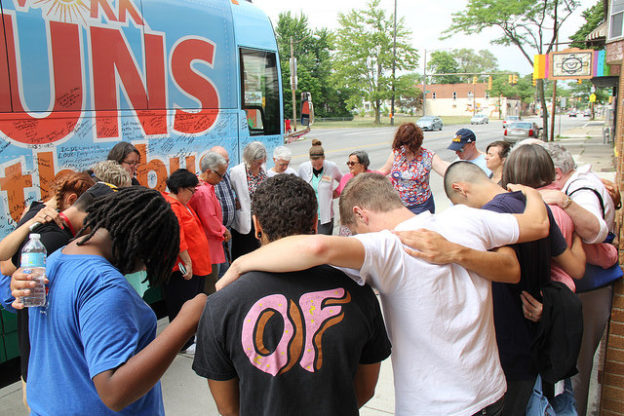
Prodigal Son
Jeremiah Pennebaker
April 12, 2018
“I hope you gettin’ in that Word!” I can hear my Pops telling me every time I pick up the phone to dial him, and I’m flooded with premature guilt because I am in fact not “gettin’ in that Word.” I can’t really remember the last time I really sat down and had a dedicated devotion or spent intentional time studying the Bible. Don’t tell my dad that – it’s looks bad if the pastor’s kid is skipping out on Bible study. It’s not that I’m rejecting the gospel or trying to rebel against my parents, but it’s more so just a disconnect for me. I feel much more faith-adjacent than I do faithful. I have a desire to be faithful and to understand what it means to have a relationship with God, but I feel that I’m living in a strange and distant land far from the luxuries of “The Kingdom.”
I spent all of my formative years in the church. Travelling to different churches across Louisville, I heard my dad speak fervently and passionately about Jesus and put together sermons that would “hit you on the way home” and really make you think. There was one point in my adolescence that you couldn’t tell me that my dad and Rev. Martin Luther King, Jr. weren’t the same person. I was all in for this Christianity and faith stuff. I was involved in any aspect I could be with the church, even to the point that we started our own gospel rap group (I still cringe when I remember some of my “raps”). We had a church of our own, we had worked hard and gotten a building, membership was growing, and I was convinced that we were supposed to be the next megachurch… until we weren’t.
It still feels like a blur, but the disconnect happened in 2011 when we lost the church amongst a series of unfortunate events for my family. I know so many stories in the Bible discuss how the believers and the disciples struggled, but their faith remained or that God showed them the way. But that hasn’t been my experience. My experience has been watching my parents grapple with debt and discouragement while clinging to their faith traditions. Around the same time, I began learning about how faith has been used as propaganda for domination since the beginning of time. My experience has been attempting to reconcile my beliefs with a world that I’m constantly learning is much more nuanced than black and white or good and evil. I’m trying to reason with all the things that I think versus the things I know, all the while I feel my relationship with God fading away. It feels like the disconnect grew into a gap and then that gap into a chasm. To me Jesus went from a friend to the friendless to that friend on Facebook who you don’t talk to anymore, but they’re always reposting inspirational quotes.
Despite all of this confusion, I’ve never necessarily left the faith space. My passion for justice has led me to being in several faith spaces. I went to a Jesuit college where I was heavily involved in the Center for Faith and Justice, and I currently work for a Catholic non-profit, but there’s still this chasm. I recognized this when I was asked at NETWORK, “How does your faith inform your desire to do justice?”. To be honest, I’m not sure how it does. My desire to do justice comes from my frustration with injustice, but I’m not sure where my faith comes in outside of “be a good person and you get to heaven.”
On one hand I’m a very rational person. I can rationalize a lot of the reasons that I should and could create this relationship with God. I can rationalize and recognize how my foundation of faith has led me to my passion for social justice. I can rationalize that the racist, sexist, and homophobic interpretations of the Bible are not the only context in which “that Word” can be understood. I can rationalize and recognize who I believe God is and recognize and validate my friends who are LGBTQIA+. On the other hand, I’m an unashamed hopeless romantic and I can recognize when that connectedness of a relationship is there and when it isn’t. I can recognize my feelings whenever I’m in a space trying to explain my faith or talk about God. And I can recognize that my heavenly father (or mother) feels more like a step-parent. It’s those things I haven’t been able to reconcile, and maybe I’m not supposed to. I just hope that God’s still waiting on me to come home if I ever do figure it out.








